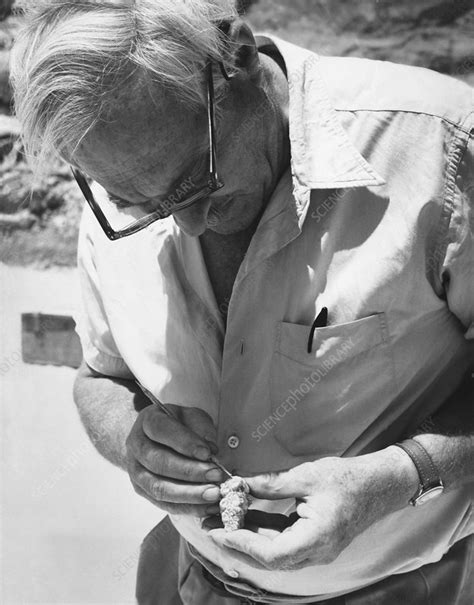A Quote by Leonardo DiCaprio
We're at risk of losing this iconic species for all time. Once it's stripped of its natural instincts, it's no longer a tiger. But there's a lot of species like that. The more intriguing thing, throughout Asia, a lot of these countries are selling off their jungle-and-forest rights for oil and for paper-and-pulp companies.
Related Quotes
But we must here state that we should not see anything if there were a vacuum. But this would not be due to some nature hindering species, and resisting it, but because of the lack of a nature suitable for the multiplication of species; for species is a natural thing, and therefore needs a natural medium; but in a vacuum nature does not exist.
Now when you cut a forest, an ancient forest in particular, you are not just removing a lot of big trees and a few birds fluttering around in the canopy. You are drastically imperiling a vast array of species within a few square miles of you. The number of these species may go to tens of thousands. Many of them are still unknown to science, and science has not yet discovered the key role undoubtedly played in the maintenance of that ecosystem, as in the case of fungi, microorganisms, and many of the insects.
I am a member of a fragile species, still new to the earth, the youngest creatures of any scale, here only a few moments as evolutionary time is measured, a juvenile species, a child of a species. We are only tentatively set in place, error prone, at risk of fumbling, in real danger at the moment of leaving behind only a thin layer of of our fossils, radioactive at that.
From the point of view of the species, death is part of this whole process. You could say that species have evolved in such a way that individual members last a certain time. Perhaps a certain kind of species would be better able to survive if the individuals didn't last too long. Other kinds could last longer.
My favorite species to study would be Cobras and King Cobras which are two different families. They're very intelligent, and they're beautiful looking animals. Where they come from are countries and regions which I spend a lot of time in - South East Asia and India, those are places I go to fairly often, and so the cobras are my main interest. It's not a snake I can maintain, but when I see them in zoos and what not, I find them interesting.
There is part of a structure in which every species is related to every other species. And they're built up on species, like a pyramid. The simpler cell organisms, and then the more complicated ones, all the way up to the mammals and birds and so forth. We call it 'developing upward'... The whole thing depends on every part of it. And we're taking out the stones from the pyramid.
I think when you work on fossils, and you realize that a species is there, and it's abundant for quite a long period of time, and then at some point it's no longer there - and so, when you look at that bigger picture, yes, you realize that either you change and adapt, or, as a species, you go extinct.
Zoologists have reckoned there are up to at least 750 species of animal that have been observed exhibiting same-sex behaviour, or gender role transformation (which is very common in a wide range of fauna). There is only one species on earth, however, which has exhibited homophobia or transphobia. And that is the species homo sapiens sapiens. Us. So let's not allow the foolish, ignorant or bigoted ever to use words like "natural."
Researchers keep identifying new species, but they have no idea about the life cycle of a given species or its other hosts. They cut open an animal and find a new species. Where did it come from? What effect does it have on its host? What is its next host? They don't know and they don't have time to find out, because there are too many other species waiting to be discovered and described.



































